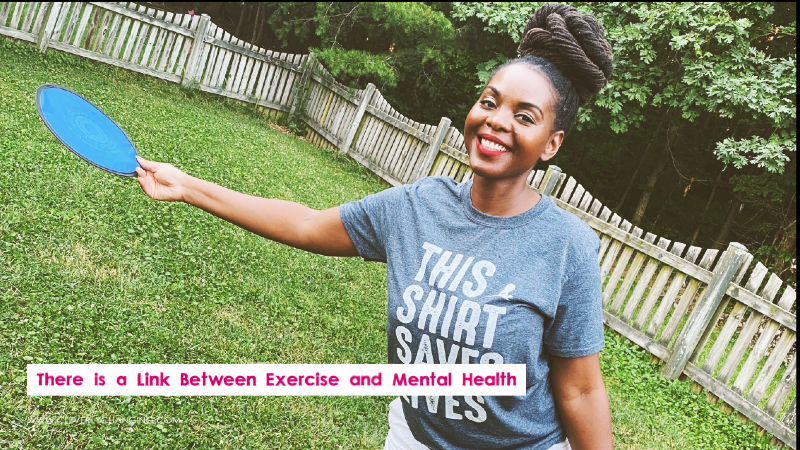Taking care of yourself is an important part of overall well-being. This includes both physical health and mental health. While it’s easy to overlook the importance of mental health, it should be an integral part of your lifestyle. One key way to help keep your mental health in check is through exercise. Let’s explore why exercise is so beneficial for mental health.
Physical Activity Reduces Stress & Anxiety
Exercise can reduce stress and anxiety levels by releasing endorphins that make you feel good, as well as increasing neurotransmitters like serotonin that can help boost your mood. Also, when you are physically active, you focus on the task at hand (i.e., running, lifting weights, etc.) instead of worrying about other things in your life that may be causing stress or anxiety. As a result, physical activity can be a great way to shift your focus away from negative thoughts and emotions that lead to stress and anxiety.
Makes You Feel More Energized & Productive
Another benefit of exercise is that it can make you feel more energized and productive throughout the day. After a good workout, many people report feeling refreshed and recharged—this can help fuel motivation to stay productive during the day instead of feeling lethargic or unmotivated. Additionally, regular physical activity can also improve sleep quality which further helps with productivity because when you get enough restful sleep, you will have more energy throughout the day.
Improves Self-Esteem & Confidence
Regular exercise can also increase self-esteem and confidence levels by helping individuals achieve their goals—losing weight or getting stronger—and seeing tangible results from their hard work and effort in the gym or on the track/field/court, etc. This sense of accomplishment can increase confidence levels which really helps with overall mental well-being as well as performance in school or work situations where confidence is key for success!
How Much Exercise is Enough?
The answer depends on a few factors, such as your age and fitness level. The current recommendation is that adults get at least 150 minutes of moderate-intensity aerobic activity per week. That’s about 30 minutes per day, five days a week. Examples of moderate-intensity exercises include brisk walking, biking, swimming, and dancing. However, if you are looking for more intense or longer workouts, there are options available.
If you are looking to increase your endurance or want to take part in more challenging activities such as running or weightlifting, then aim for at least 75 minutes per week of high-intensity aerobic activity in addition to strength training two times per week. High-intensity exercises include running sprints or fast biking intervals on a stationary bike. Strength training should include exercises like squats, pushups, and planks which target all major muscle groups in the body.

It’s important to speak with a qualified healthcare professional before beginning any type of exercise program so that you can create an individualized plan that works best for you. It’s also crucial that you listen to your body when exercising; if something doesn’t feel right or causes pain then stop immediately and seek medical attention if necessary. Remember safety first!
Overall, there are many benefits associated with regular exercise that contribute to better mental health outcomes such as improved mood, decreased stress levels, increased energy & productivity, improved self-esteem & confidence, etc.
Therefore if you are looking for ways to take care of yourself mentally then look no further than exercise! Regular physical activity will provide many physical and mental benefits as outlined above – so what are you waiting for? Get out there and get moving today! Loved ones need a healthy mind just as much as they need a healthy body – let’s help each other out by exercising regularly for better mental health!


